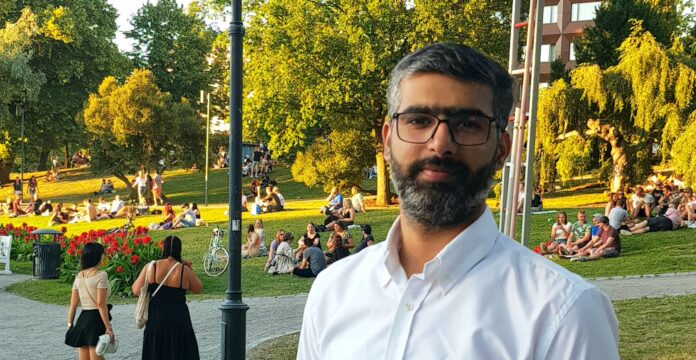Rumy Narayan is a Doctoral Researcher at the School of Management. She studies sustainability transitions, occassionally dabbles in writing and is a Friend of the InnoLab.
While it is always entertaining to learn about various strategic maneuvers undertaken by colleagues in order to snag coveted parking spaces, it also makes me think about how we are unable to solve some simple problems that could improve our quality of life, significantly.
Human progress is largely driven by innovation and innovation is dependent on people coming up with new ideas for solving problems, so why are we unable to solve some of our basic problems?
I think the answer could lie in directing our attention away from scarcity towards abundance. For instance, our current economic system revolves around scarcity, we attach value to scarce resources and this means that we have created strong incentives to make everything into a scarce commodity.
Going by this logic, the best solution to the parking problem would be to charge for it. But what if we looked at this problem from the perspective of abundance?
We have an abundance of highly trained and under training strategic thinkers, philosophers, innovation specialists, financial wizards, technology mavericks, and creative mavens, who are closely linked through various personal and professional networks.
We also have at our disposal cheap and efficient communication tools, both professional (Navi) and personal (Facebook, Google, Twitter etc.). With the abundance of talent and communication channels, it is not impossible to figure out innovative ways to mitigate our collective parking woes by collaborating and cooperating to organize our parking resource in ways align our interests as individuals to a common good.
This could also be a great opportunity for our students to learn how user centered innovations for complex problem solving, work in practice, and it could be even more interesting as many of them are the users themselves.



